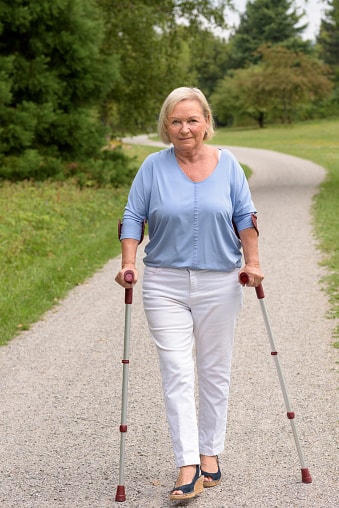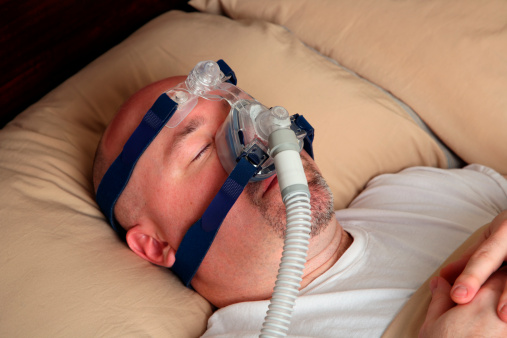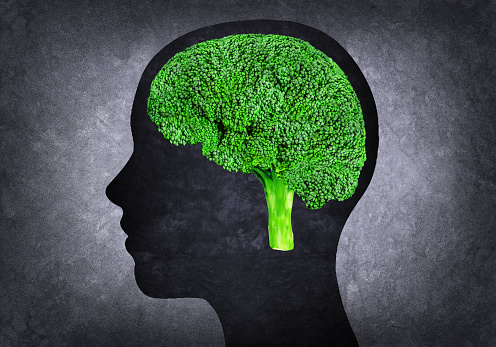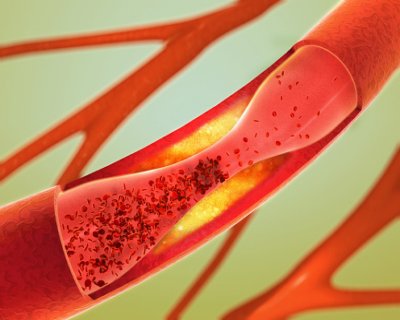Stroke patients can improve their walking ability by doing arm exercises
Stroke patients whose walking ability has been affected can benefit from arm exercises, according to a new study conducted by researchers at the University of Victoria in British Columbia. In fact, arm exercises can benefit not only those who recently suffered a stroke but also those who experienced it years ago. Researchers worked with volunteers ...click here to read more








